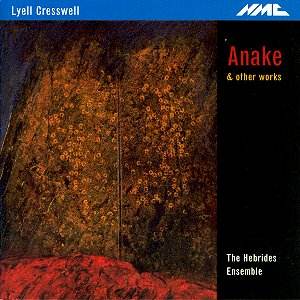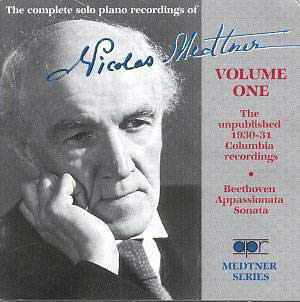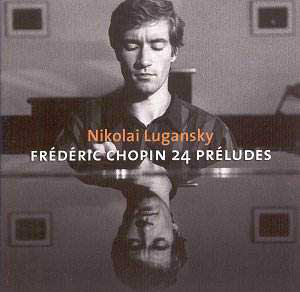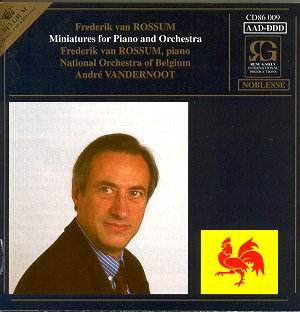 Composer: Lyell Cresswell
Composer: Lyell Cresswell
Works: Whira (1996), Atta (1993), Anake (1998), Acquerello (1998), Variations on a Theme by Charles Ives (1987)
Performers: The Hebrides Ensemble (Daniel Bell, violin; William Conway, cello; Rosemary Eliot, flute; Peter Evans, piano)
Recording: Reid Hall, Edinburgh University, December 2000
Label: NMC D 077
Lyell Cresswell, born in 1944, has long stood at the intersection of the contemporary and the evocative, producing a body of work that often eludes the spotlight reserved for large orchestral compositions. This latest release, featuring chamber works from the past three decades, serves as a testament to Cresswell’s nuanced exploration of musical expression through varied instrumental textures. The selected pieces—each crafted between 1987 and 1998—speak to the composer’s ability to convey emotional depth without succumbing to the traps of mere technical display.
The opening work, Whira, for solo violin, epitomizes Cresswell’s approach. Comprising seven diverse sections, the piece expertly navigates the technical capabilities of the instrument while remaining firmly rooted in expressive intent. The third through fifth sections, characterized as a lighter interlude, afford the performer opportunities to explore contrasting sonorities, a quality that violinist Daniel Bell captures with remarkable finesse. Bell’s interpretation refrains from indulgence, instead favoring clarity and an organic flow that enhances the work’s emotional landscape.
Atta, composed for solo cello, similarly eschews bravura in favor of an intimate dialogue with the listener. The eight sections, each reflecting on aspects of Maurizio Bottarelli’s artwork, unfold with a sense of narrative progression. Cellist William Conway’s performance is particularly noteworthy; his tonal control and varied articulation breathe life into each segment, ensuring that the work’s emotive core is never overshadowed by technical considerations. The subtleties in Conway’s playing evoke a deep connection with Bottarelli’s visual artistry, further reinforcing the interdisciplinary nature of Cresswell’s inspirations.
The titular piece, Anake, offers a compelling contrast with its three movements. The initial movement juxtaposes fragmented motifs against lyrical passages, showcasing the composer’s adeptness at balancing contrasting ideas. The scherzo-like second movement injects a playful energy, while the concluding lament, inspired by Lorca’s poignant writing, resonates with profound melancholy. This range is expertly realized by the ensemble, whose cohesion underlines Cresswell’s intent without sacrificing individual voice.
Acquerello, a miniature for piano, serves as a delightful interlude. Its charm and evocative nature promise to enchant audiences, and pianist Peter Evans delivers a performance that captures its delicate nuances. The piece’s inherent lyricism, coupled with Evans’ nuanced touch, suggests a strong potential for inclusion in standard encore repertoire.
The Variations on a Theme by Charles Ives present a unique reflection on Ives’ thematic material, showcasing Cresswell’s ability to honor his predecessor while asserting his own voice. The twelve variations, primarily nostalgic in character, reveal an affectionate homage rather than an imitation. Here, the interplay between flute and cello, as articulated by Rosemary Eliot and Conway, is particularly striking, as they navigate the emotional terrain with sensitivity and grace.
Sound quality and engineering merit particular commendation. The recording captures the rich timbres of the instruments with clarity, allowing the intricate details of Cresswell’s writing to emerge without distortion. Each note resonates within the acoustically favorable environment of Reid Hall, enhancing the listener’s experience.
This release not only fills a significant gap in the recorded repertoire of Cresswell’s chamber works but also stands as a vibrant testament to his artistry. The performances by The Hebrides Ensemble reflect a deep understanding of the music, characterized by both technical precision and interpretative insight. The result is a collection that not only communicates Cresswell’s profound musical language but also invites further exploration of his oeuvre. A compelling showcase of chamber music that merits a prominent place in any discerning listener’s collection.



